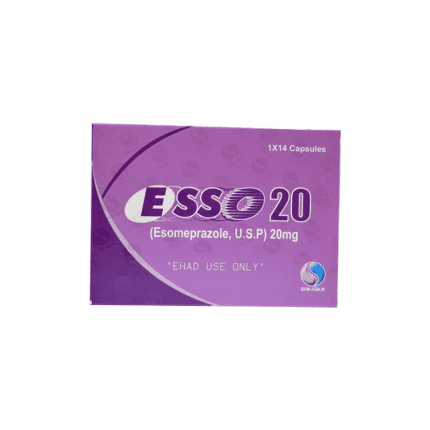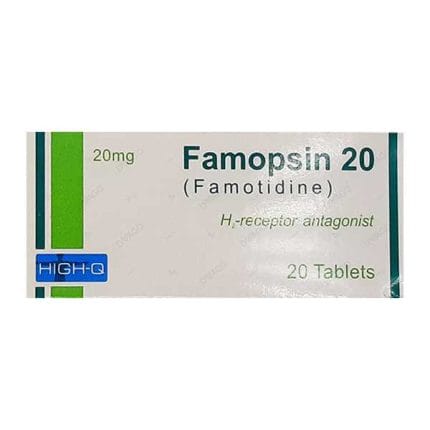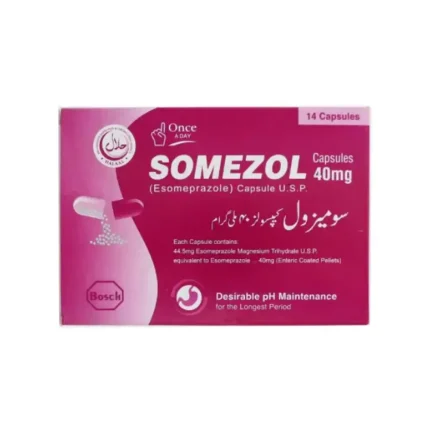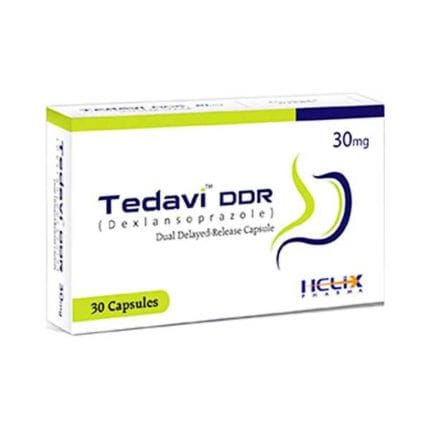Requires Prescription: Yes
Generics: Sodium Chloride
Used For: Fluids & Electrolyte
How it Works: Sodium chloride, commonly known as salt, regulates body water balance, nerve impulses, and muscle contractions. It helps treat or prevent sodium loss from dehydration, excessive sweating, and other conditions.
Usage and Safety:
Dosage: Follow the dosage instructions provided by your healthcare provider.
Side Effects: Large amounts can lead to fluid overload, edema, electrolyte imbalance, hypertension, and congestive heart failure.
Drug Interactions: Generally compatible with most drugs. However, always check the data sheet of the medication before mixing. Consult your pharmacist or physician for potential drug interactions.
Indication:
Diluting agent for intravenous (IV) medications.
Reconstitution of various IV injections.
Flushing IV ports and cannulas.
Nasal drops for congestion relief in both children and adults.
Dilution of bronchodilator solutions (e.g., procaterol, salbutamol) for nebulization.
Cleaning small wounds.
Irrigation solution for eyes.
Moistened gauze compresses for inflammation relief, skin irritation, and softening of necrotic tissues.
When Not to Use: Avoid in cases of congestive heart failure.
Precautions:
Infusing large volumes may cause dilutional acidosis due to decreased bicarbonate concentration in plasma (as this solution does not contain bicarbonate).
Warnings:
Caution is needed for patients with or at risk of hypokalemia or hypocalcemia, as infusion can lower these electrolyte levels.
Use with care in patients with renal failure or obstructive urinary tract diseases.
Continuous infusion of 0.9% Sodium Chloride may cause hypernatremia if not accompanied by free water.
Additional Information:
Pregnancy Category: Consult your physician before use during pregnancy.
Storage: Store at room temperature, away from direct light and heat.






















Reviews
There are no reviews yet.